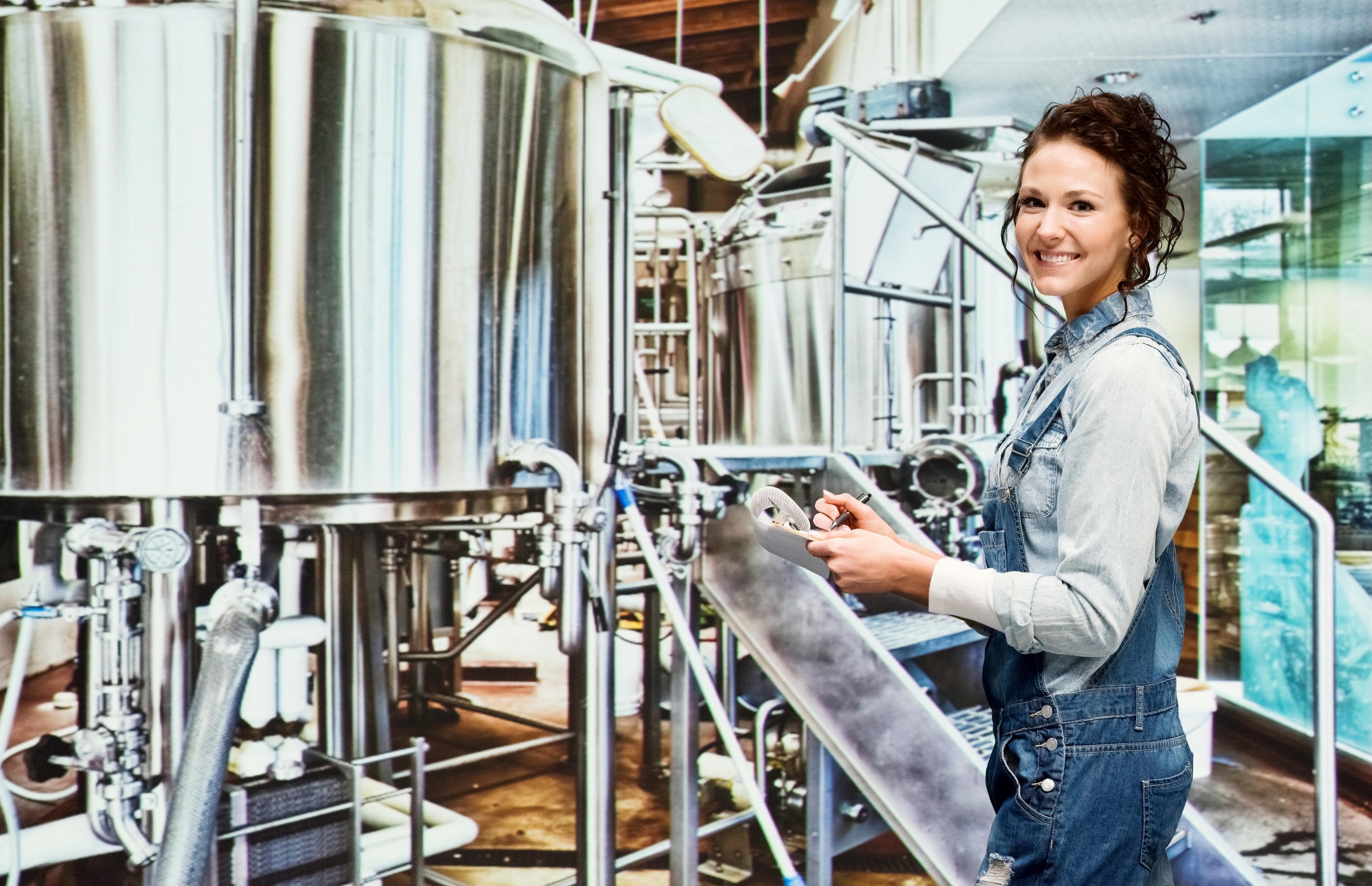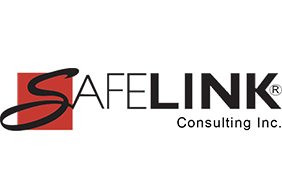Brewery safety should be a major concern to all brewery owners. Accidents and injuries in the workplace can result in missed time by employees, higher worker’s compensation costs, and costly OSHA citations for failure to properly protect your workers.
Keeping up with OSHA’s ever changing safety regulations can seem a herculean task for an overworked small business owner. Here are some guidelines so that brewery owners can have a starting point to developing their brewery safety plan. Let’s review some of the most commonly cited OSHA standards for breweries and how you can ensure that your business is compliant with OSHA brewery regulations.
Hazard Communication
OSHA’s Hazard Communication standard is frequently cited in breweries, often this is because the brewery is not aware of the requirements of the standard. The Hazard Communication standard requires employers to have:
- A written Hazard Communication Program
- A labeling system for secondary containers
- Safety Data Sheets for all chemicals in the brewery kept on file and readily accessible to employees
- Providing employees with the appropriate Personal Protective (PPE) equipment for safe handling of chemicals.
- Brewery safety training for employees should include training on their breweries Hazard Communication program and all its specific elements.
Confined Spaces
Per OSHA a confined space is defined as being large enough for an employee to enter fully and perform assigned work, not designed for continuous employee occupancy, and having a limited means of entry and exit. Most breweries have a wide array of confined spaces. Fermenters, grain silos, mash tuns, and kettles are all examples of potential confined spaces. OSHA created the Permit-required Confined Space standard to protect the health and safety of employees working in confined spaces. When an employer requires a worker to enter a confined space they must comply with the requirements of the Permit-required Confined space standard. Some of those requirements are:
- A written Confined Spaces program which will include entry and exit procedures and atmospheric testing requirements
- Training employees on the hazards associated with confined spaces and the specific role they will play in entering a confined space
- Labeling and identifying the various confined spaces in your facility
- Providing employees with the appropriate PPE, equipment, and monitoring devices necessary for working in a confined space.
Powered Industrial Trucks (PIT)s
Most breweries use a forklift, powered pallet jack, or other type of employee driven powered industrial truck. Breweries can receive citations under OSHA’s Powered Industrial Truck standard if they are found to be in non-compliance. Powered industrial truck accidents can often lead to serious injury or death that is why it is so important for employers to ensure they are complying with all of OSHA’s requirements for powered industrial trucks. Here are some of those requirements:
- Employers should ensure all PIT drivers are properly trained and certified in accordance with the requirements of the PIT standard
- PITs should be inspected before each use or shift change and that inspection documented
- All PIT training must be specific to that type of PIT. In other words, if a driver has been certified to drive a forklift, then they must receive a separate certification for driving a powered pallet jack.
- PIT training should be workplace specific and drivers must be evaluated driving in their workplace before training is complete.
Lockout/Tagout (LO/TO)
The OSHA standard for The Control of Hazardous Energy (Lockout/Tagout), addresses the practices and procedures necessary to disable machinery or equipment, thereby preventing the release of hazardous energy while employees perform servicing and maintenance activities. Failure to comply with the requirements of this standard can often time lead to very serious consequences. Many workplace fatalities in the United States can be traced back to the failure to implement the correct lockout/tagout procedures. Throughout the brewing process brewers must occasionally shut down equipment in their brewery to perform maintenance or repairs. When doing this maintenance, an employer must ensure that employees are following the correct LO/TO procedures to prevent the accidental release of hazardous energy. Here are some of OSHA’s LO/TO requirements:
- Develop, implement, and enforce an energy control program.
- Employers must develop, document, implement, and enforce energy control procedures and policies.
- Provide the appropriate LO/TO devices for the specific equipment in your brewery
- Ensure that LO/TO devices are assigned to a specific individual
- Create a policy that allows only the worker who applied the LO/TO device to remove it.
- Provide effective training to employees that covers all your facilities LO/TO program, procedures, and policies.
Please use the above information as a reference point to examine your brewery health and safety program. If you find areas where you are lacking, then you will be aware of where you need to focus your efforts to improve your health and safety program. It can be difficult as a small business owner to find the time and energy to successfully manage a health and safety program. That is why SafeLink Consulting encourages any owners who feel overwhelmed or unsure of how to proceed to contact us. Let SafeLink Consulting take the burden of OSHA brewery regulations off your shoulders and allow us to help manage your brewery safety plan with customized manuals, onsite and online employee training, and ongoing consultation services.
You may also find it helpful to use this free Brewery Safety Checklist to help you assess your program.
Need an employee Health and Safety Manual for your business to assist in meeting OSHA requirements? Contact SafeLink Consulting for customized safety programs specific to your industry.
Learn more about what SafeLink Consulting can do to help your business with compliance services, including safety compliance, to meet OSHA training requirements and quality system consulting to meet FDA compliance. SafeLink Consulting assists businesses with workplace safety training, infection control training, HIPAA training online, quality systems, assessments, audits, due diligence, and more.
Industries include:
Dentistry compliance - assisting the dental practice with meeting requirements for OSHA, HIPAA, EPA, and CDC guidelines, patient safety and employee health & safety
Dental Laboratory compliance - assisting the dental lab with meeting requirements for OSHA, FDA, and CDC guidelines, employee health & safety, plus FDA requirements for lab manufacturing custom implant abutment /gmp for medical device manufacturers
Medical Device Manufacturers compliance - assisting with meeting OSHA compliance & FDA requirements, GMP - good manufacturing practices
General Industry compliance - assisting with OSHA compliance and FDA compliance as it pertains to the specific business
Beverage Industry compliance - assisting beverage businesses such as the craft brewery, winery, cidery, distillery, vintner with meeting OSHA compliance, health & safety, FDA requirements / GMP - Good Manufacturing Practices
Get notification when new regulatory compliance training courses are available plus upcoming news and events by subscribing to our email news.








Leave Comment